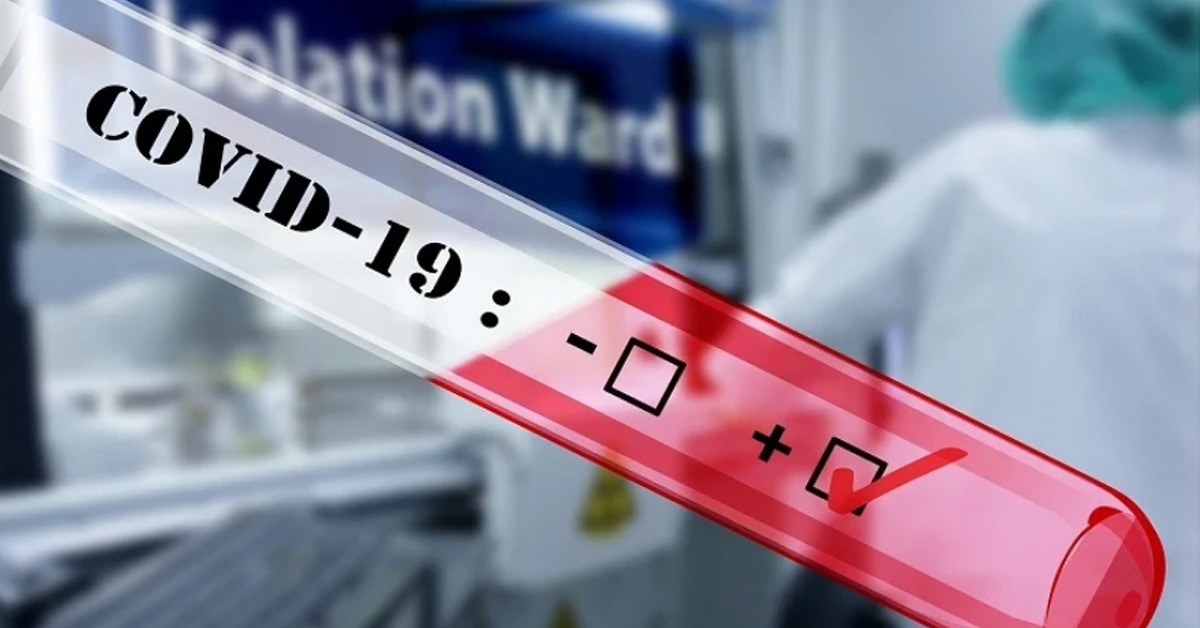In this week’s edition of the Innovation Partners BioBlog, we focus on updates from the world of cancer treatments. Despite many companies halting tests and clinical trials due to the COVID-19 pandemic, a few are reporting clinical trial results and the FDA has approved a treatment for advanced cholangiocarcinoma, a rare cancer of the bile ducts. Helsinn Therapeutics will waive copayments for its topical cancer treatment medication, VALCHLOR. Bristol Myers Squibb and Exelixis announced that the Phase 3 trial evaluating Opdivo ® (nivolumab) in combination with CABOMETYX® (cabozantinib) met its objectives. These and more are the top stories in this week’s BioBlog.

COVID-19 Continues to Impact Medical Device Manufacturing in China
The Food and Drug Administration has issued Coronavirus (COVID-19) Supply Chain Update specifically addressing the issue of medical device manufacturing supply chain issues. The medical device industry relies upon component fabrication and manufacturing sites worldwide, but China provides much of the manpower and contract factories utilized by the industry. The FDA acknowledges the major role that China plays in the medical device manufacturing industry and offers insight and updates on the situation there and worldwide as the COVID-19 outbreak continues to disrupt supply chains through the drug and medical device manufacturing industries.
READ MORE
CMS releases guidance for how health systems can restart elective procedures canceled due to COVID-19
Every industry is looking forward to the day when they can resume business as usual. That includes health systems which had to put elective procedures on hold to deal with the influx of patients from the pandemic. Now, the Center for Medicare & Medicaid Services (CMS) has issued recommendations to health centers so that they can once again offer elective surgeries. The bottom line: a gradual transition based on COVID-19 testing capacity, workforce availability, and readiness.
READ MORE
Moody’s: Payers likely to weather the COVID-19 financial storm
Analysts at Moody’s Investor Services gave a thumb’s up to the health insurance industry this week, giving it a ‘stable’ rating. Although it’s not clear how the COVID-19 pandemic will impact the industry long-term, Moody’s believes that health insurance companies will likely break even on EBITDA. They also predict that health insurers will continue to have notable capital and liquidity. Moody’s used three models to analyze the industry based on predicted duration and severity of the pandemic. Although they recognize that there is significant strain on its resources, believe that health insurers as a whole have the reserves to come out of the crisis relatively intact.
READ MORE
Cancer startup Anixa teams up with machine learning firm to seek out COVID-19 hopefuls
Anixa Biosciences has shifted gears from CAR-T tests to searching for antiviral meds to combat COVID-19. The company has partnered with German computational company OntoChem to develop potential antiviral medications. Cancer remains Anixa’s primary focus, but the company has had to delay its CAR-T testing. The company is no stranger to the SARS virus, having worked on it in 2003. Now, it will adjust its focus to review drugs developed for other diseases and see how they work against SARS-CoV-2.
READ MORE
FDA Approves First Targeted Treatment for Patients with Cholangiocarcinoma, a Cancer of Bile Ducts
Pemazyre (pemigatinib), the first treatment approved for adults with certain types of previously treated, advanced cholangiocarcinoma, has been approved by the FDA. Cholangiocarcinoma is a rare form of cancer that forms in bile ducts. Pemazyre’s approval is for patients with cholangiocarcinoma that is locally advanced (when cancer has grown outside the organ it started in, but has not yet spread to distant parts of the body) or metastatic (when cancer cells spread to other parts of the body) and who have tumors that have a fusion or other rearrangement of a gene called fibroblast growth factor receptor 2 (FGFR2). Typically, patients diagnosed with cholangiocarcinoma are diagnosed at an advanced stage of the disease which means it is no longer treatable with surgery. Having a medication to treat advanced cholangiocarcinoma may be life-saving for these patients.
READ MORE
Bristol Myers Squibb and Exelixis Announce Positive Topline Results from Pivotal Phase 3 CheckMate -9ER Trial Evaluating Opdivo® (nivolumab) in Combination with CABOMETYX® (cabozantinib) in Previously Untreated Advanced Renal Cell Carcinoma
CheckMate -9ER, a pivotal Phase 3 trial evaluating Opdivo ® (nivolumab) in combination with CABOMETYX® (cabozantinib) met its primary endpoint of progression-free survival (PFS) at final analysis, as well as the secondary endpoints of overall survival (OS) at a prespecified interim analysis, and objective response rate (ORR). The treatment was compared to sunitinib in previously untreated advanced or metastatic renal cell carcinoma (RCC). Dr. Toni Choueiri, Director of the Lank Center for Genitourinary Oncology at Dana-Farber Cancer Institute and Jerome and Nancy Kohlberg Professor of Medicine at Harvard Medical School, said that the results from the pivotal CheckMate -9ER trial clearly demonstrate the combination of cabozantinib plus nivolumab provides a clinically meaningful benefit in the key efficacy measures of progression-free survival and overall survival for previously untreated kidney cancer patients.
READ MORE
Helsinn Therapeutics (U.S.), Inc. waives copay fees for cancer-treating drug VALCHLOR® (mechlorethamine) gel to ensure eligible patients have access to treatment during the COVID-19 crisis
Helsinn Therapeutics has announced it will waive copay fees for cancer-treating drug VALCHLOR. VALCHLOR (mechlorethamine) is a topical treatment of Stage IA and IB mycosis fungoides-type cutaneous T-cell lymphoma (MF‑CTCL) in patients who have received prior skin-directed therapy. The VALCHLOR copay program is only available for US and Puerto Rico residents who are 18 or older and have commercial health insurance. Patients ineligible for the VALCHLOR copay/coinsurance program include those enrolled in Medicare, Medicaid, VA/DoD (Tricare), the Indian Health Service, or any other federal- or state-funded healthcare program, or where prohibited by law.
READ MORE




